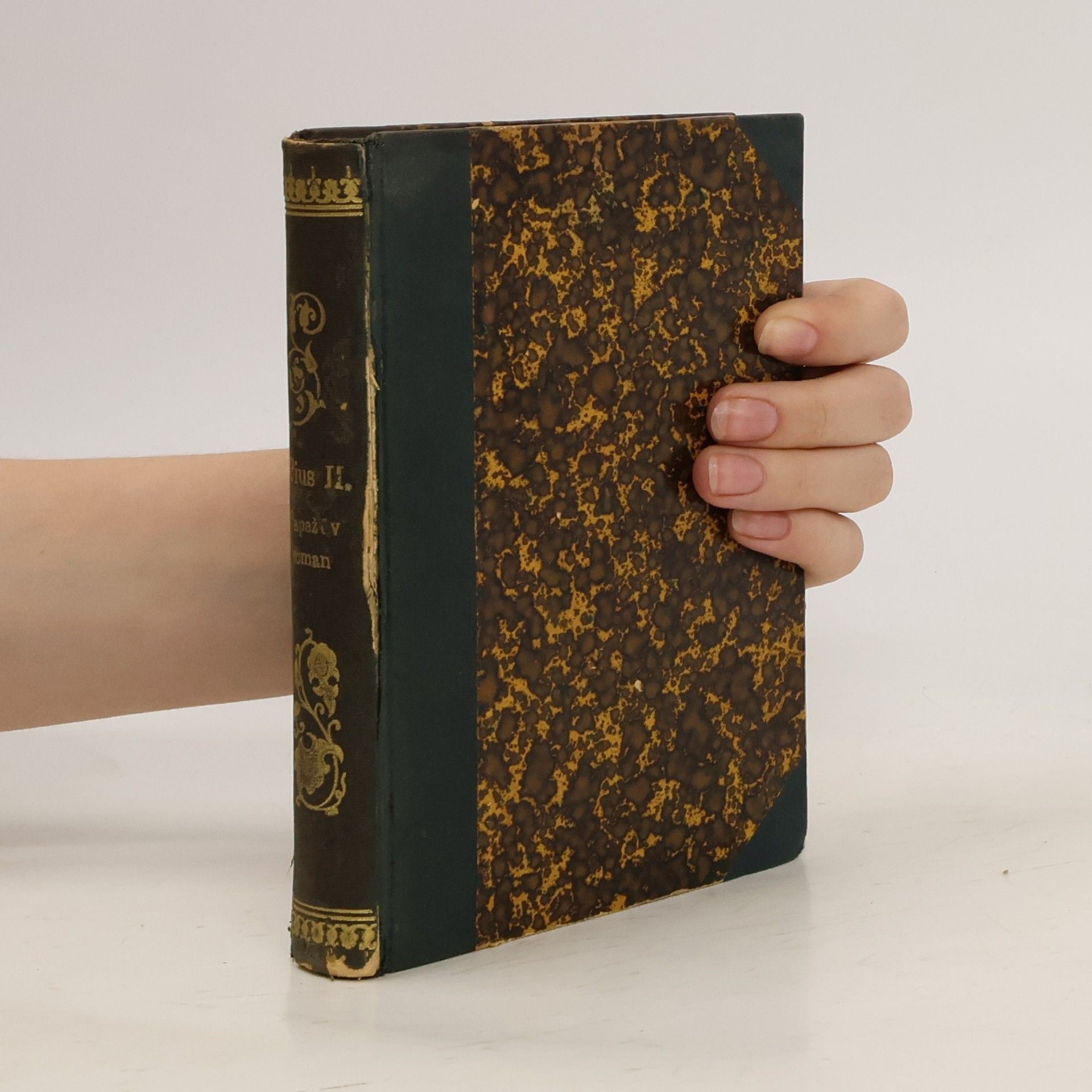Papežův román
Eurialus a Lukrecie: historie dvou zamilovaných
Pius II, een vooraanstaand Renaissance humanist en paus, schreef de enige autobiografie die ooit door een regerende Paus is geschreven: zijn "Commentaren". Deze memoires vertellen over zijn leven en gedachten, en bieden een uniek perspectief op zijn tijd. Vóór zijn pontificaat produceerde hij ook opmerkelijke erotische geschriften, wat de breedte van zijn intellectuele en creatieve bezigheden aantoont. Zijn werk biedt waardevolle inzichten in de geest van een man die de Katholieke Kerk leidde.

Eurialus a Lukrecie: historie dvou zamilovaných